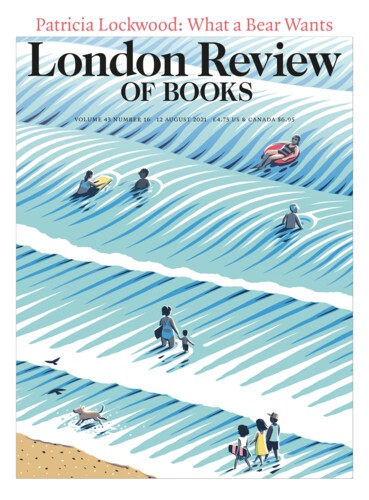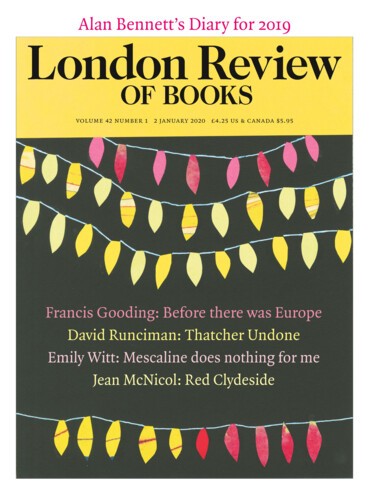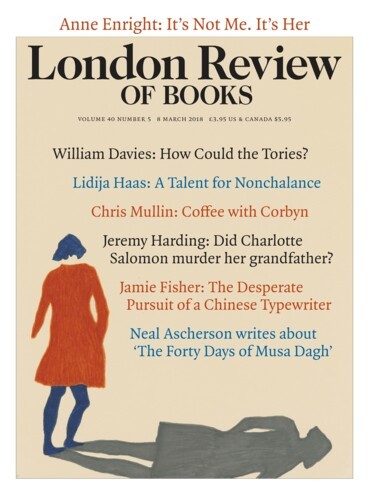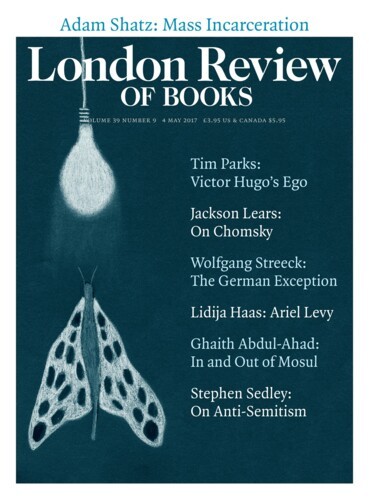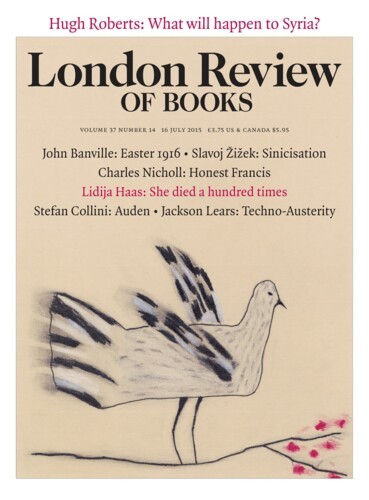At MoMA PS1: Niki de Saint Phalle
Lidija Haas, 12 August 2021
Halfway through Structures for Life, the Niki de Saint Phalle exhibition at MoMA PS1 (until 6 September), is a letter Saint Phalle wrote to her muse and sometime lover, Clarice Rivers. It’s scrawled on a 1966 poster for her walk-in sculpture, Hon – en katedral (‘She – a cathedral’), then under construction in Stockholm’s Moderna Museet. Hon, a pregnant,...
